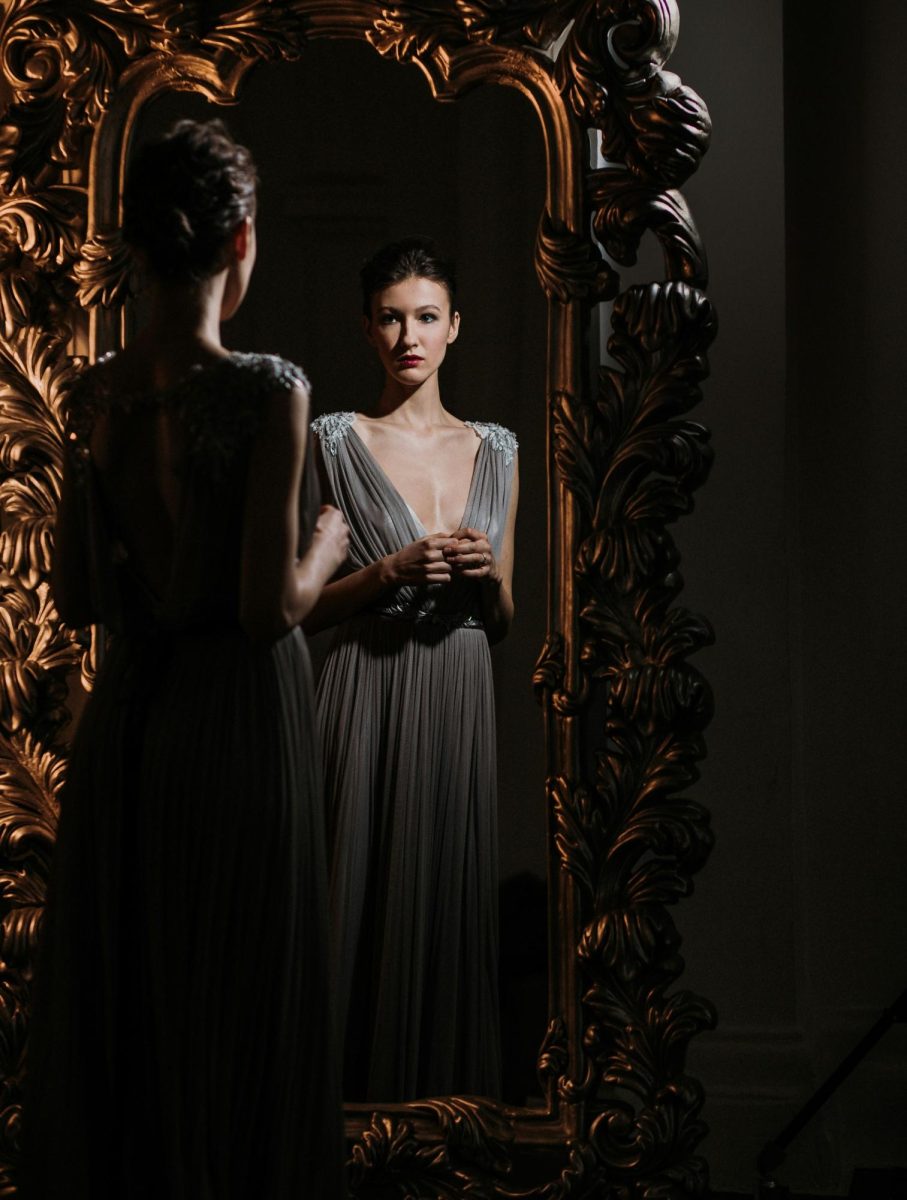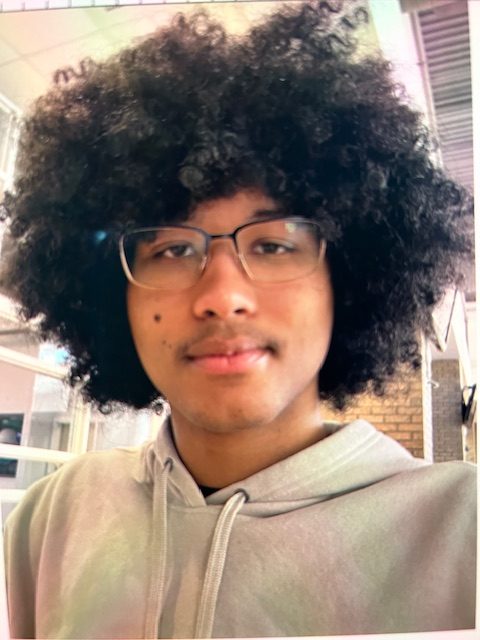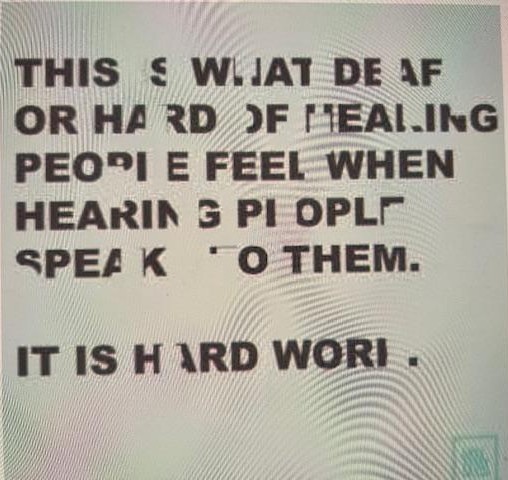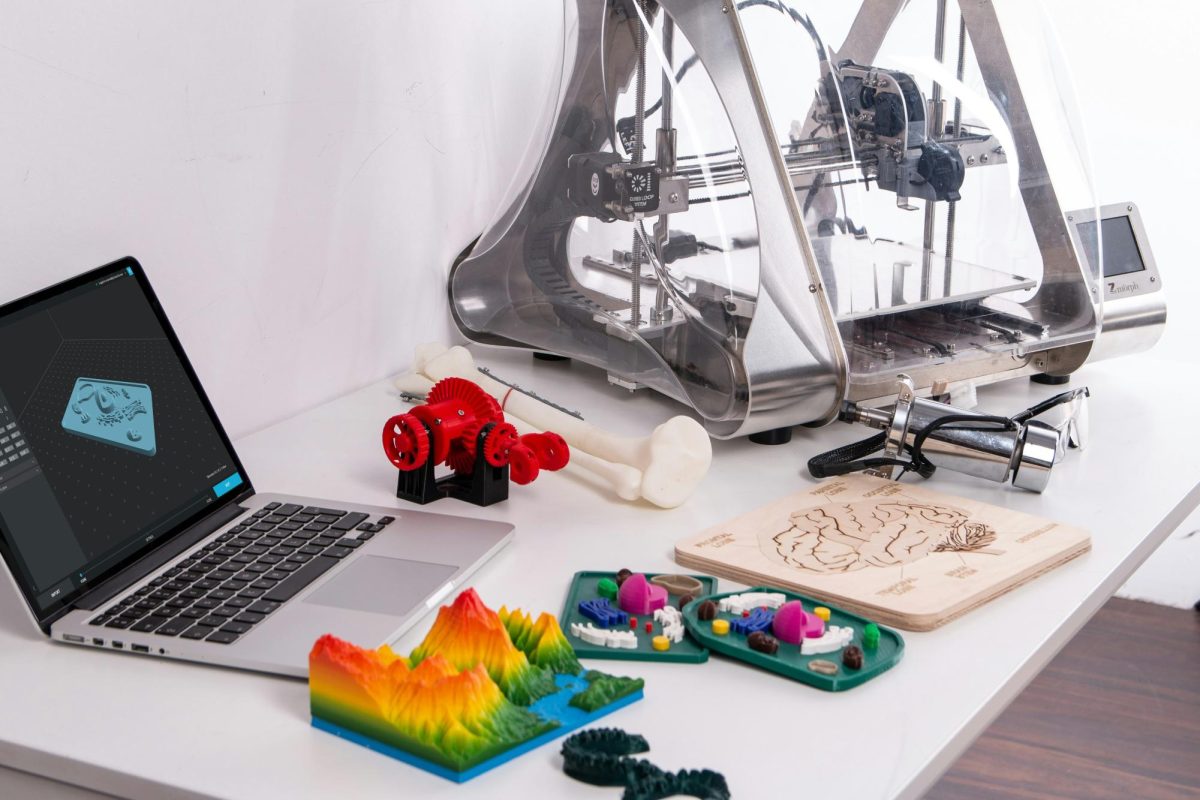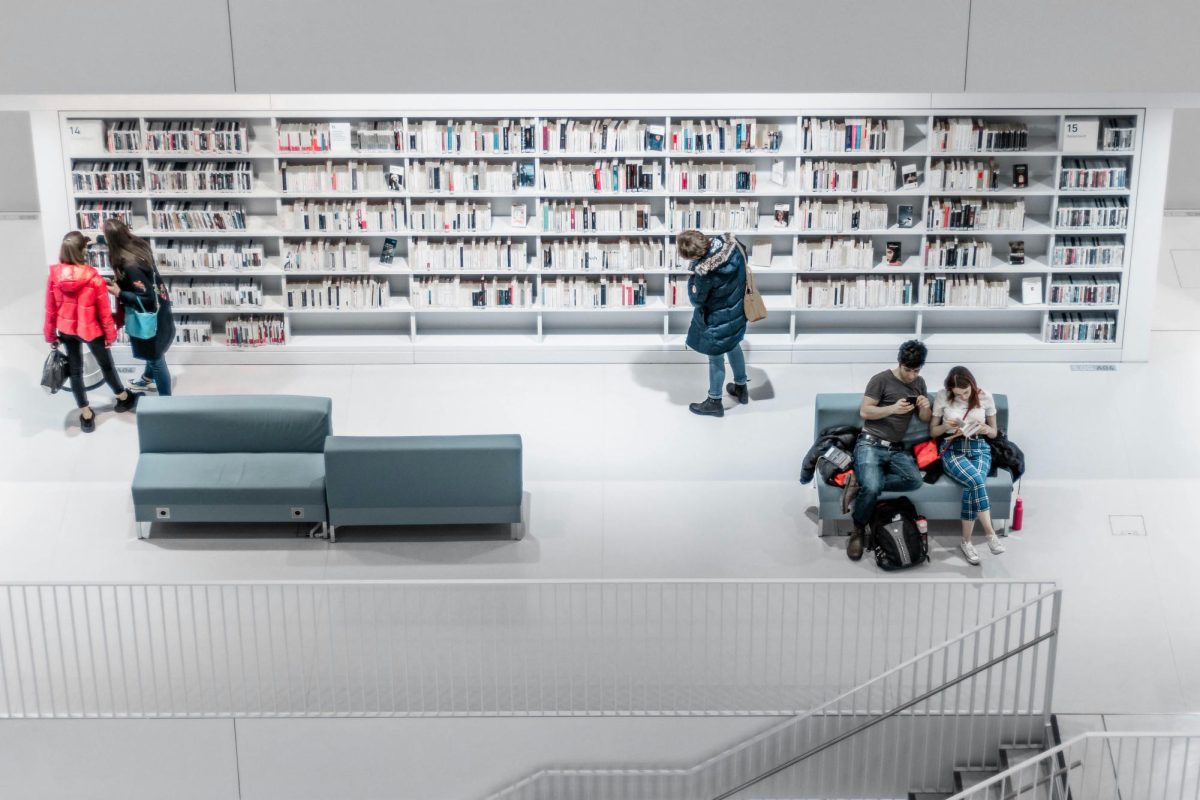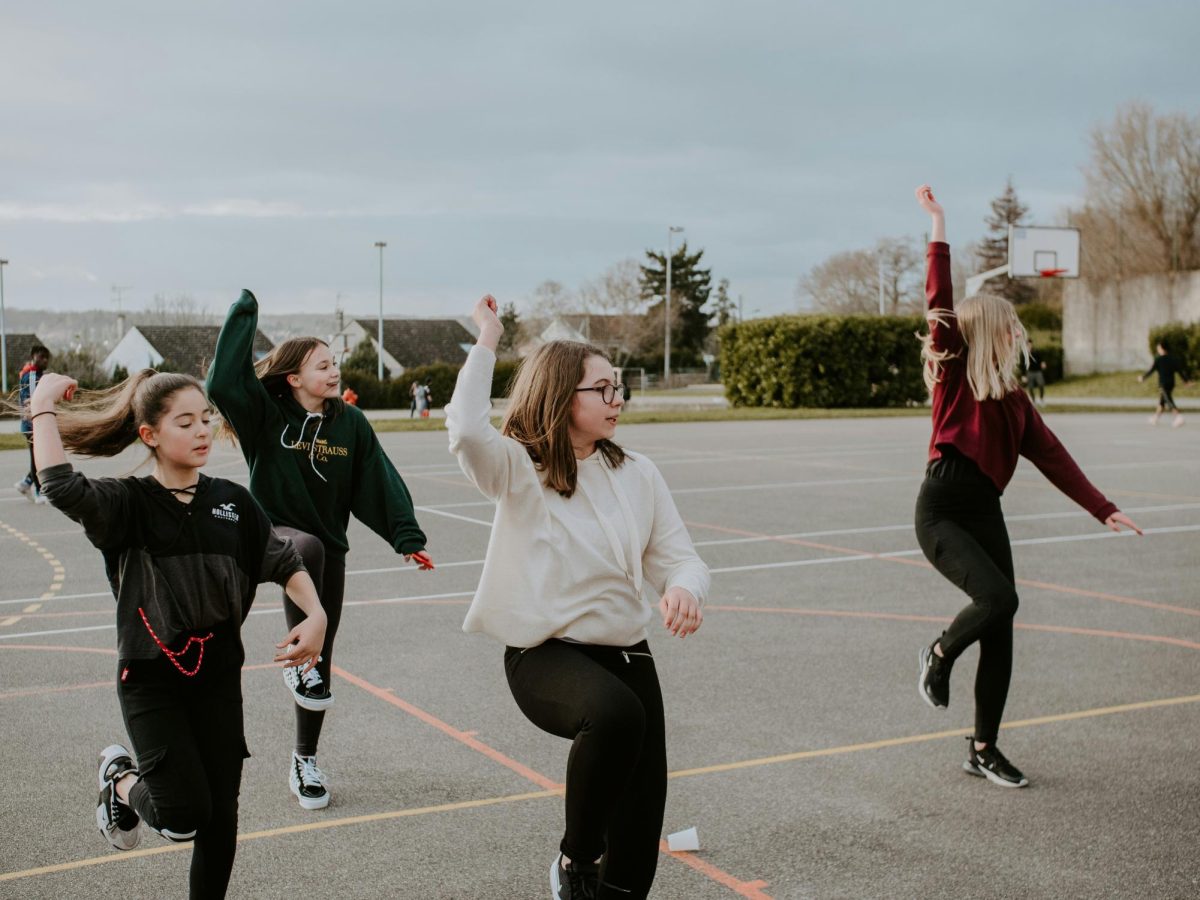A few weeks ago, I had an assignment for my British Literature class in which I had to provide commentary on Mary Wollstonecraft’s A Vindication of the Rights of Women, a piece of feminist literature from the 1700s. Underneath my post, a classmate commented that they thought I’d enjoy this bombshell of a quote by Margaret Atwood:
“Male fantasies, male fantasies, is everything run by male fantasies? Up on a pedestal or down on your knees, it’s all a male fantasy: that you’re strong enough to take what they dish out, or else too weak to do anything about it. Even pretending you aren’t catering to male fantasies is a male fantasy: pretending you’re unseen, pretending you have a life of your own, that you can wash your feet and comb your hair unconscious of the ever-present watcher peering through the keyhole, peering through the keyhole in your own head, if nowhere else. You are a woman with a man inside watching a woman. You are your own voyeur.”
You are your own voyeur. Upon reading this, I came to a gut-wrenching realization. I have been raised to seek the approval of men, as have most other girls. We have been raised under a “male gaze,” which we view ourselves through. Even when it is not men overtly judging us, we are judging ourselves from the perspective of a man.
This is not a way for me to demonize men or say they are all horrible, wretched creatures (although when I look around my high school, I’d say that’s a fair assumption). Rather, I am bringing light to the fact that women have been raised with an “internal male gaze.”
The term “male gaze” was created in 1973 by British filmmaker Laura Mulvey and is used to describe how, in media like movies and TV shows, women are often only shown in ways that are appealing to men. Women are shown through the “male gaze,” and as we grow up interacting with this media, we start to develop an internal male gaze. The women on the screen are liked, and we must be them in order to also be liked.
But the male gaze isn’t always just seen through media. The society that we live in puts all women under a male gaze, as the beauty standards and expectations of women are what have been decided to be attractive by men. It is almost impossible to escape it. As Atwood says, everything seems to be a male fantasy. No matter what I do, I am subconsciously aware of what it looks like to others, especially men because that is how I was raised. Even though I want to be left alone, I know that by being distant, I am still catering to some men, and it seems like it will never stop.
However, things are not as bad as they once were. As I have become aware of the male gaze I perceive myself under, I have strayed from it more. I am learning to live for myself more and more. With more representation of women by women, we are seeing less of the male gaze in the media, and it is very exciting. I long for a day when women can read Atwood’s quote and not feel the pain of relating and for the day when I can expel the man in my head and no longer be my own voyeur.
Photo by Nikita Shirokov on Unsplash

